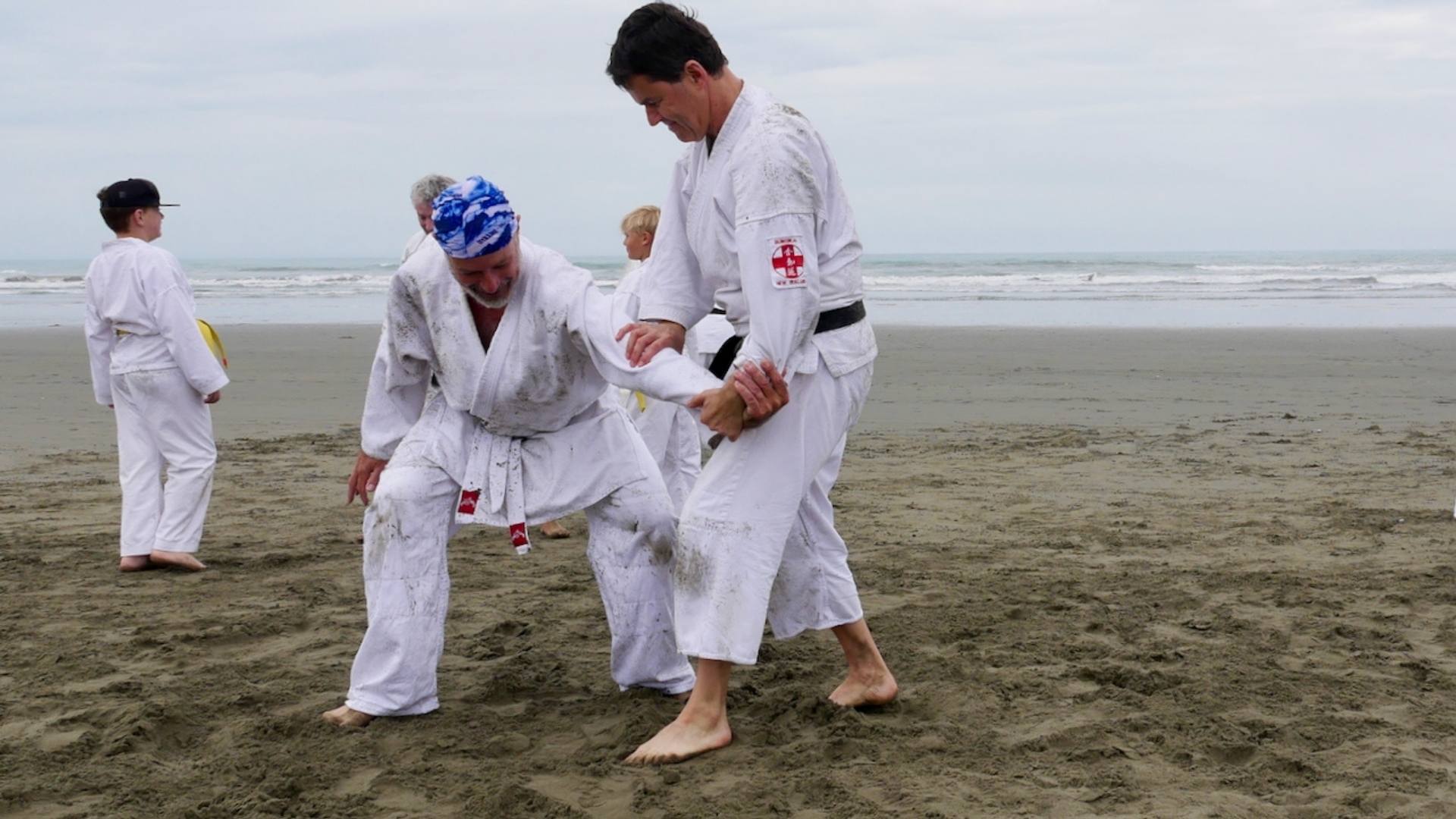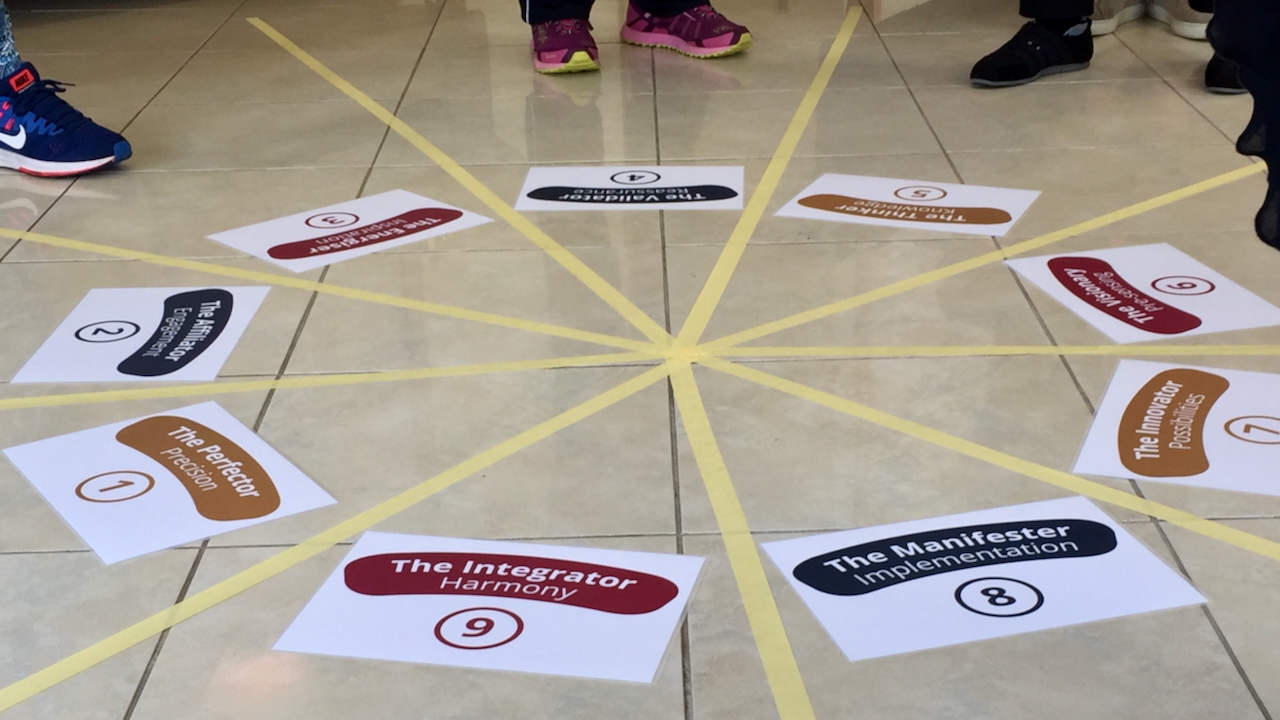When we speak of leadership development, we often focus on cognitive skills—strategies, frameworks, and mental models. Yet my recent journey to achieve my second kyu in aikido has reminded me that true mastery requires something more fundamental: embodied learning through deliberate practice.
As I prepared for my first moving grading over two intense months, I experienced what many leaders face when developing new capabilities – the humbling recognition that knowing something intellectually differs vastly from being able to execute it under pressure.
The Body Knows What the Mind Forgets
Two to three times each week, I stepped onto the mat to train. Beyond these formal sessions, I spent additional time practising movements and visualising the grading sequence. Yet despite this preparation, there were moments under pressure when my cognitive knowledge seemed to evaporate – the sequence of throws becoming a blur, the techniques feeling foreign in my hands.
This experience crystallised something I’ve long observed in leadership development: we cannot think our way into new ways of being. Just as aikido techniques must be embedded in muscle memory through repetition and practice, leadership capabilities – from maintaining presence in difficult conversations to embodying calm authority during crisis – require physical integration.

The Humbling Path to Mastery
In my previous article on deliberate practice, I explored how expertise develops through focused, intentional effort over time. My aikido journey has deepened my appreciation for this truth. The mat offers no shortcuts, no theoretical understanding that can replace the actual experience of being thrown, of failing, of trying again.
This parallels what I see in my executive coaching practice. Leaders often grasp concepts quickly but struggle to embody new behaviours under pressure. Just as I needed to practice my aikido movements until they became natural responses rather than cognitive decisions, leaders must practice new ways of being until they become authentic expressions rather than remembered techniques.
Beyond the Cognitive: Leadership as Embodied Practice
This has profound implications for People & Culture leaders and C-suite executives. Developing leadership presence isn’t just about understanding theories or frameworks—it’s about developing new physical patterns of response. When a difficult conversation arises, conflict emerges, or uncertainty looms, our bodies respond before our minds can analyse.
The question becomes: what patterns have we trained into our system through deliberate practice?
Working with Fear: The Inner Practice of Leadership
One of my lessons from aikido training comes not from the physical techniques themselves but from learning to regulate my emotional response to fear. Each time I encountered a new throw or executed a familiar technique in an unfamiliar way, I felt that primal surge of fear—the body’s natural response to perceived threat.
When growth feels frustrating, what helps me is trusting the process. I know that training with focus and clear intent will bring results, though big changes take time. The key is to enjoy the small victories along the way, remembering that this journey has no end.
Liam O’Donohue Sensei, 6th Dan Aikikai

This mirrors what I observe in leadership contexts. Whether it’s stepping into a more visible role, having a challenging conversation, or making decisions with incomplete information, leadership often triggers our fear response. Just as on the mat, the key isn’t to eliminate fear but to develop the capacity to function effectively with it.
Through my grading preparation, I learned that emotional regulation isn’t about suppressing fear but about maintaining presence and capability despite it. This requires deliberate practice: repeatedly putting ourselves in situations that challenge our comfort zone while maintaining our centre.
This has powerful implications for leaders. The ability to regulate our emotional state while facing uncertainty or challenge isn’t just a nice-to-have skill—it’s fundamental to effective leadership. Just as aikido students must learn to stay present and responsive while being thrown, leaders must develop the capacity to stay grounded and clear-thinking during periods of organisational turbulence or personal challenge.
The Art of Failing Forward: Learning Under the Public Gaze
Perhaps one of the most challenging aspects of my aikido journey has been learning to fail publicly with grace. During my grading preparation, I made countless mistakes, executing techniques incorrectly or forgetting my sequence entirely. Each mistake happened in full view of my fellow students and instructors.
Through this experience, I’ve come to understand deeply that our relationship with failure shapes our capacity to learn. If I allowed shame about a mistaken technique to overwhelm me, it could create a barrier between myself and the precise, caring feedback offered by the black belt instructors. Those moments taught me that the real technique isn’t just the physical movement—it’s the ability to stay open and receptive even when feeling exposed.

This parallels a crucial leadership challenge. In today’s complex business environment, leaders must often learn and experiment in full view of their teams. Whether it’s implementing a new strategy, trying a different approach to team dynamics, or navigating unprecedented challenges, leadership increasingly requires us to be publicly imperfect while remaining open to feedback and learning.
The black belt instructors in my aikido club model something profound for leaders – the art of offering correction in a way that encourages rather than diminishes. Their immediate, objective and precise feedback reminds me that mastery isn’t about never failing; it’s about creating conditions where failure serves as a stepping stone to deeper learning.
For senior leaders and People & Culture professionals, this suggests a powerful question: How do we create organisational cultures where public learning is celebrated rather than feared? Where feedback is received as a gift rather than a judgment? The answer might lie in approaching leadership development more like an aikido dojo – as a space where we expect and welcome the messy process of learning together.

Moving Forward: Integrating Embodied Learning
As I reflect on both my aikido journey and my work with leaders across New Zealand and the world, several key insights emerge:
- Knowledge isn’t enough. We must create opportunities for leaders to practice new behaviours in low-stakes environments before they face real challenges.
- Pressure reveals patterns. Under stress, we default to our most deeply embedded responses – making deliberate practice essential for developing new capabilities.
- The body leads. Sustainable leadership development must include embodied learning, not just cognitive understanding.
The path to mastery – whether in aikido or leadership – requires us to move beyond intellectual understanding to embodied knowledge. This journey demands patience, humility, and, most importantly, deliberate practice.
As we continue developing leaders capable of navigating today’s complex challenges, let’s remember that true transformation happens not just in the mind but in the body. The mat, like leadership, teaches us that mastery comes through practice, presence, and persistence.
Begin Your Embodied Leadership Journey
Just as aikido teaches us that true mastery comes through integrated mind-body practice, developing authentic leadership presence requires more than just intellectual understanding. Are you ready to explore what embodied leadership could mean for you and your organisation?

As an executive coach specialising in embodied leadership development, I help leaders:
- Develop greater presence and resilience under pressure
- Build the muscle memory of effective leadership behaviours
- Navigate change and uncertainty with centred confidence
- Create cultures where learning and growth can flourish using the VerticalQ methodology
Let’s explore how embodied leadership practices could transform your leadership journey. Whether you’re looking for one-on-one coaching, team development, or organisational culture change, I’d welcome a conversation about your specific challenges and aspirations.
Contact me to schedule an initial discussion about embedding these practices in your leadership approach.
=======
David has been practising aikido since late 2019 at Ōtautahi Aikido in Christchurch, New Zealand. His journey began after a two-day ‘Deepening Ki Aikido Workshop’ for embodied leadership coaches. The workshop, led by Netherlands consultancy Developland, revealed how aikido’s principles of centered presence, harmonious action, and mindful practice directly enhance leadership effectiveness. These insights inspired David to fully immerse himself in aikido training, integrating its philosophy and practices into both his personal development and his approach to leadership coaching. He continues to draw powerful parallels between the learning journey on the mat and the challenges leaders face in today’s complex business environment.
